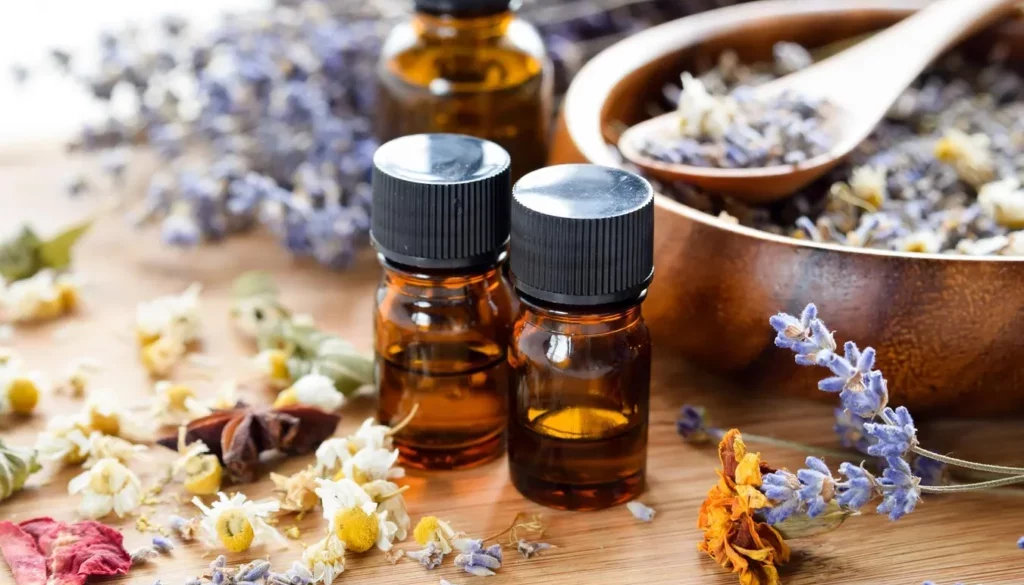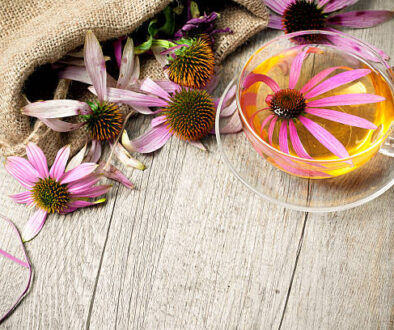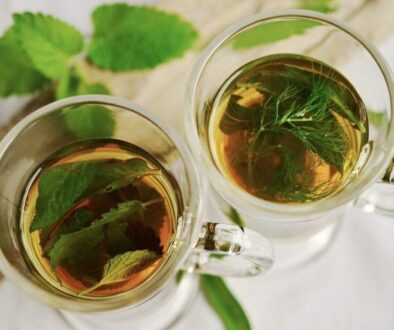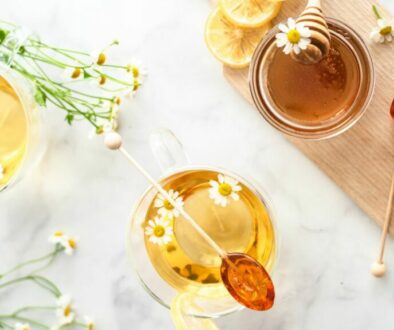Essential Oils for Health and Wellness: A Beginner’s Guide
It’s no secret that essential oils have gained immense popularity in recent years for their various health and wellness benefits. From promoting relaxation to boosting the immune system, these natural extracts have become an integral part of many people’s self-care routines. In this beginner’s guide, we will explore what essential oils are, their benefits, how to use them safely, popular oils and their uses, as well as some precautions to consider.
Are you seeking natural ways to enhance your health and promote overall well-being? Look no further than the world of essential oils. These aromatic extracts from plants have been used for centuries to support the mind, body, and spirit. In this beginner’s guide to essential oils for health and wellness, we’ll explore their incredible benefits, and effective usage methods, and address common questions to equip you with the knowledge to embark on your own aromatic journey.
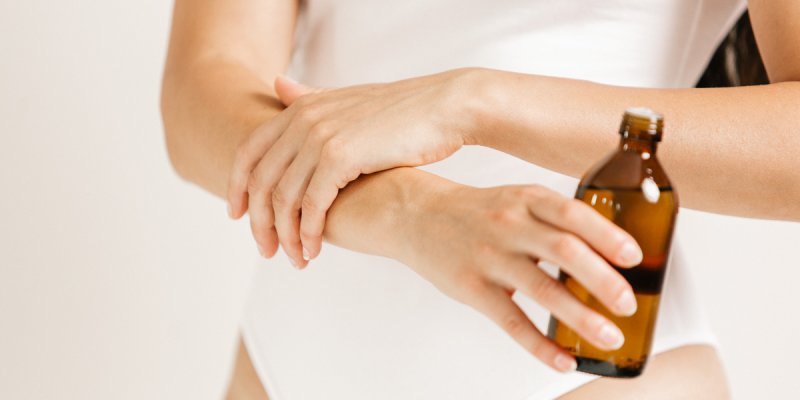
What are Essential Oils?
Essential oils are highly concentrated, volatile compounds extracted from plants. They are derived through various methods such as steam distillation, cold-press extraction, or solvent extraction. These oils capture the aroma and essence of the plant from which they are derived, containing its unique chemical composition.
How are Essential Oils Made?
Essential oils can be obtained from different parts of plants, including flowers, leaves, bark, stems, and roots. The extraction process involves carefully collecting the plant material and using specific techniques to obtain the essential oil. The plants chosen for extraction are usually rich in active compounds that possess beneficial properties.
The Benefits of Essential Oils
1. Promote Relaxation and Reduce Stress
Aromatherapy using essential oils is widely recognized for its ability to promote relaxation and reduce stress. Oils like lavender, chamomile, and bergamot have calming properties that can help ease anxiety and induce a state of tranquility.
2. Improve Sleep Quality
Diffusing essential oils such as lavender or vetiver before bedtime can create a calming atmosphere that promotes better sleep quality. These oils help relax the mind and body, allowing for a more restful night’s sleep.
3. Boost Immune System
Certain essential oils, like eucalyptus and tea tree oil, possess antimicrobial properties that can help strengthen the immune system. Inhaling these oils or using them topically may help protect against common pathogens.
4. Alleviate Headaches and Migraines
Peppermint and lavender essential oils have been found to be effective in relieving headaches and migraines. Applying a diluted solution of these oils to the temples or inhaling their aroma can provide soothing relief.
5. Aid in Digestion
Essential oils like ginger and peppermint are known for their ability to support digestion. When used properly, these oils can help alleviate symptoms such as bloating, indigestion, and nausea.
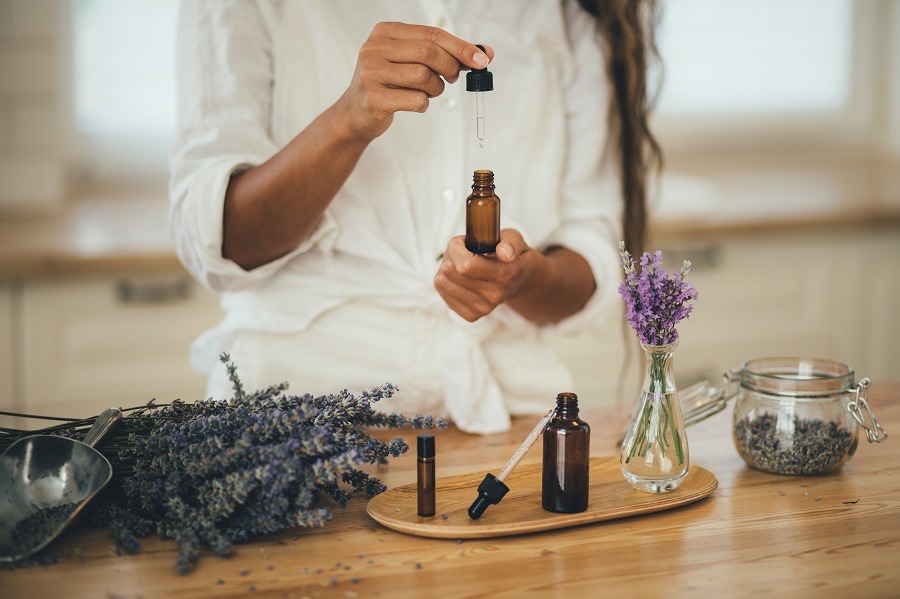
6. Enhance Skin Health
Tea tree oil and frankincense are widely used in skin care for their antibacterial and anti-inflammatory properties. These oils can help treat acne, reduce skin redness, and promote a healthy complexion.
7. Relieve Muscle and Joint Pain
Many athletes and individuals suffering from muscle and joint pain find relief in essential oils such as eucalyptus and rosemary. These oils possess analgesic and anti-inflammatory properties that can help alleviate pain and inflammation.
8. Improve Respiratory Health
Eucalyptus, peppermint, and tea tree essential oils are commonly used to support respiratory health. Their expectorant properties help clear congestion, soothe coughs, and promote easier breathing.
9. Support Emotional Well-being
Essential oils can have a profound impact on emotional well-being. Oils like lavender and ylang-ylang are known to promote relaxation and reduce feelings of stress and anxiety.
10. Reduce the Symptoms of Menopause
Some women find relief from menopausal symptoms like hot flashes and mood swings by using essential oils such as clary sage and geranium. These oils possess hormone-balancing properties that can help alleviate the discomfort associated with menopause.
How to Use Essential Oils Safely
When using essential oils, it’s important to follow safety guidelines to ensure their proper and safe usage. Here are some tips to keep in mind:
- Always dilute essential oils with a carrier oil before applying them to the skin.
- Conduct a patch test to check for any potential skin sensitivities or allergies.
- Do not ingest essential oils unless under the guidance of a qualified healthcare professional.
- Keep essential oils away from the reach of children and pets.
- Store essential oils in dark glass bottles in a cool, dry place to maintain their potency.
Popular Essential Oils and Their Uses
1. Lavender
Lavender essential oil is widely regarded for its calming and soothing properties. It can be used to promote relaxation, improve sleep quality, and alleviate headaches.
2. Peppermint
Peppermint essential oil is known for its refreshing and cooling effects. It can be used to relieve muscle pain, improve digestion, and alleviate tension headaches.
3. Eucalyptus
Eucalyptus essential oil has a refreshing aroma and is often used to support respiratory health. It can help relieve congestion, ease sinus problems, and promote clear breathing.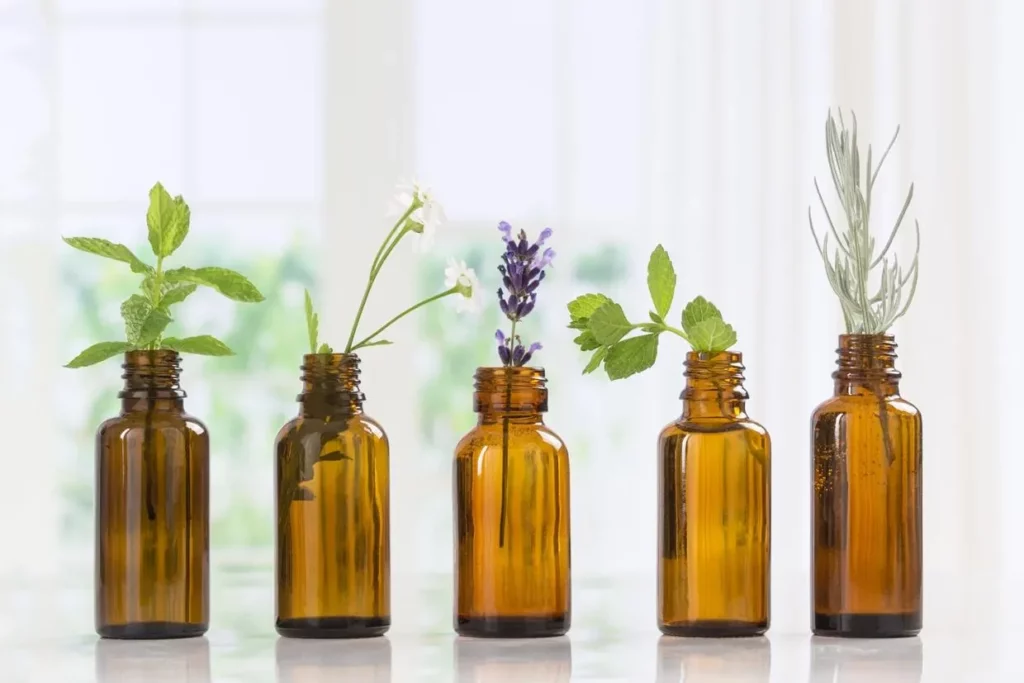
4. Tea Tree
Tea tree essential oil has powerful antimicrobial properties and is commonly used for its disinfectant and skin-healing properties. It can help treat acne and fungal infections, and soothe minor skin irritations.
5. Lemon
The lemon essential oil has a fresh and uplifting scent. It is known for its cleansing properties and can be used as a natural disinfectant, air freshener, and mood booster.
6. Chamomile
Chamomile essential oil possesses soothing and calming properties. It can be used to promote relaxation, improve sleep, and reduce stress and anxiety.
7. Rosemary
Rosemary essential oil has a stimulating and invigorating scent. It can be used to improve focus and concentration, alleviate muscle pain, and promote healthy hair growth.
8. Frankincense
Frankincense essential oil is often associated with spiritual and meditative practices. It can help promote relaxation, reduce inflammation, and support healthy skin.
9. Bergamot
Bergamot essential oil has a citrusy and uplifting aroma. It is known for its mood-enhancing properties and can help alleviate anxiety, depression, and stress.
10. Ylang-Ylang
Ylang-ylang essential oil has a sweet and floral scent. It is commonly used to reduce stress and tension, promote relaxation, and improve mood.
Tips for Purchasing Essential Oils
When purchasing essential oils, it’s important to choose high-quality oils that have been properly tested for purity and authenticity. Consider these tips:
- Look for oils that are labeled as 100% pure essential oil.
- Choose oils from reputable brands that provide detailed information about the sourcing and extraction methods.
- Check for third-party testing and certification to ensure the oil’s purity and authenticity.
Precautions to Consider
While essential oils offer numerous benefits, it’s essential to be aware of certain precautions:
- Some essential oils may cause skin irritation or sensitivities, so always dilute them before use.
- If you have any underlying health conditions, are pregnant, or are on medication, consult with a healthcare professional before using essential oils.
- Keep essential oils away from the eyes, mouth, and mucous membranes.
- Certain essential oils may be toxic to pets, so take precautions to ensure their safety.
Myths About Essential Oils
- Myth: Essential oils can cure diseases.
The truth: While essential oils may offer certain health benefits, they should not be considered a cure-all for diseases. They can be used as a complementary therapy, but medical advice should always be sought for serious health conditions.
- Myth: Essential oils can be ingested.
The truth: Ingesting essential oils should be done under the guidance of a qualified healthcare professional. Most essential oils are highly concentrated and can be toxic if ingested in large amounts.
- Myth: Natural essential oils are always safe.
The truth: Although natural, essential oils can still cause adverse reactions if not used properly. It’s important to follow safety guidelines and consult with professionals when in doubt.
- Myth: Essential oils are regulated by the FDA.
The truth: The FDA does not regulate essential oils for their therapeutic claims. It’s important to rely on reputable sources and consult with professionals for guidance.
- Myth: Essential oils are a replacement for medical treatment.
The truth: Essential oils should not be used as a substitute for professional medical treatment. They can complement existing healthcare practices but should not replace them.
Effective Usage Methods: Unleashing the Benefits
Now that we’ve discovered the incredible potential of essential oils, let’s dive into the various methods to incorporate them into your daily routine.
- Inhalation: The simplest way to enjoy the aromatic benefits of essential oils is through inhalation. Add a few drops to a diffuser and let the scent fill your space, creating a calming or invigorating ambiance. Alternatively, you can inhale directly from the bottle, use a personal inhaler, or add a drop to a tissue or pillowcase for a quick pick-me-up.
- Topical Application: Essential oils can be diluted with carrier oils, such as coconut or jojoba oil, before being applied directly to the skin. This method is ideal for massage, skincare, and targeting specific areas for relief. Always perform a patch test before applying to a larger area and dilute as recommended to avoid any adverse reactions.
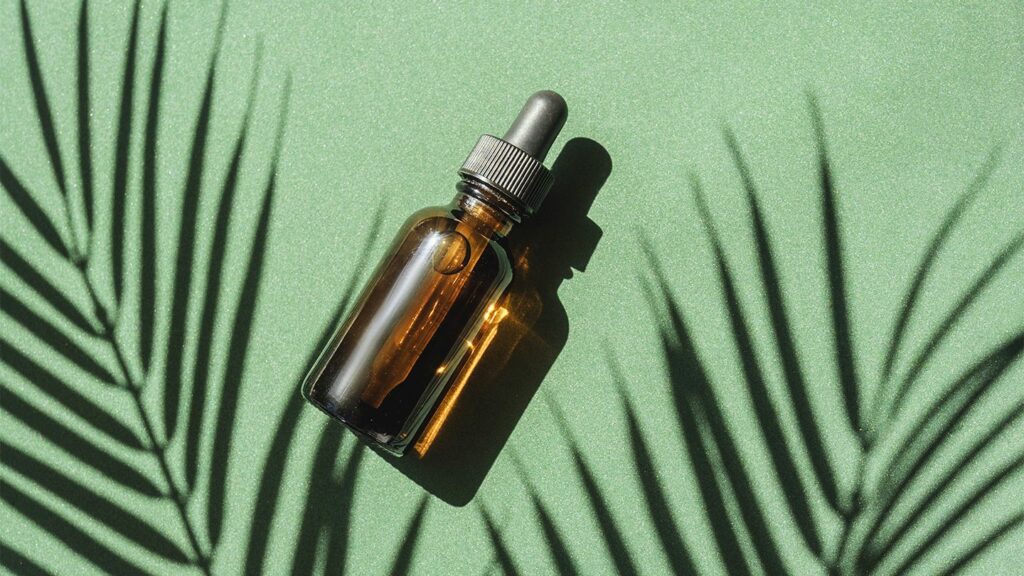
- Bathing Rituals: Enhance your bathing experience by adding a few drops of essential oil to your bathwater. The steam will disperse the aroma, providing a relaxing and therapeutic experience for both mind and body.
- Compresses: Create a compress by combining essential oils with warm or cold water. Soak a cloth in the mixture, wring out the excess, and apply it to the desired area for relief from muscle aches, inflammation, or headaches.
Conclusion: Essential Oils for Health and Wellness
Essential oils serve as nature’s brilliant gift to enhance our health and wellness journey. As a beginner, it’s vital to understand their incredible benefits, and effective usage methods, and address any concerns or questions you may have. Harnessing the power of essential oils can provide you with a holistic approach to well-being, helping you experience the transformative effects of nature’s aromatic wonders.
Also Read:
